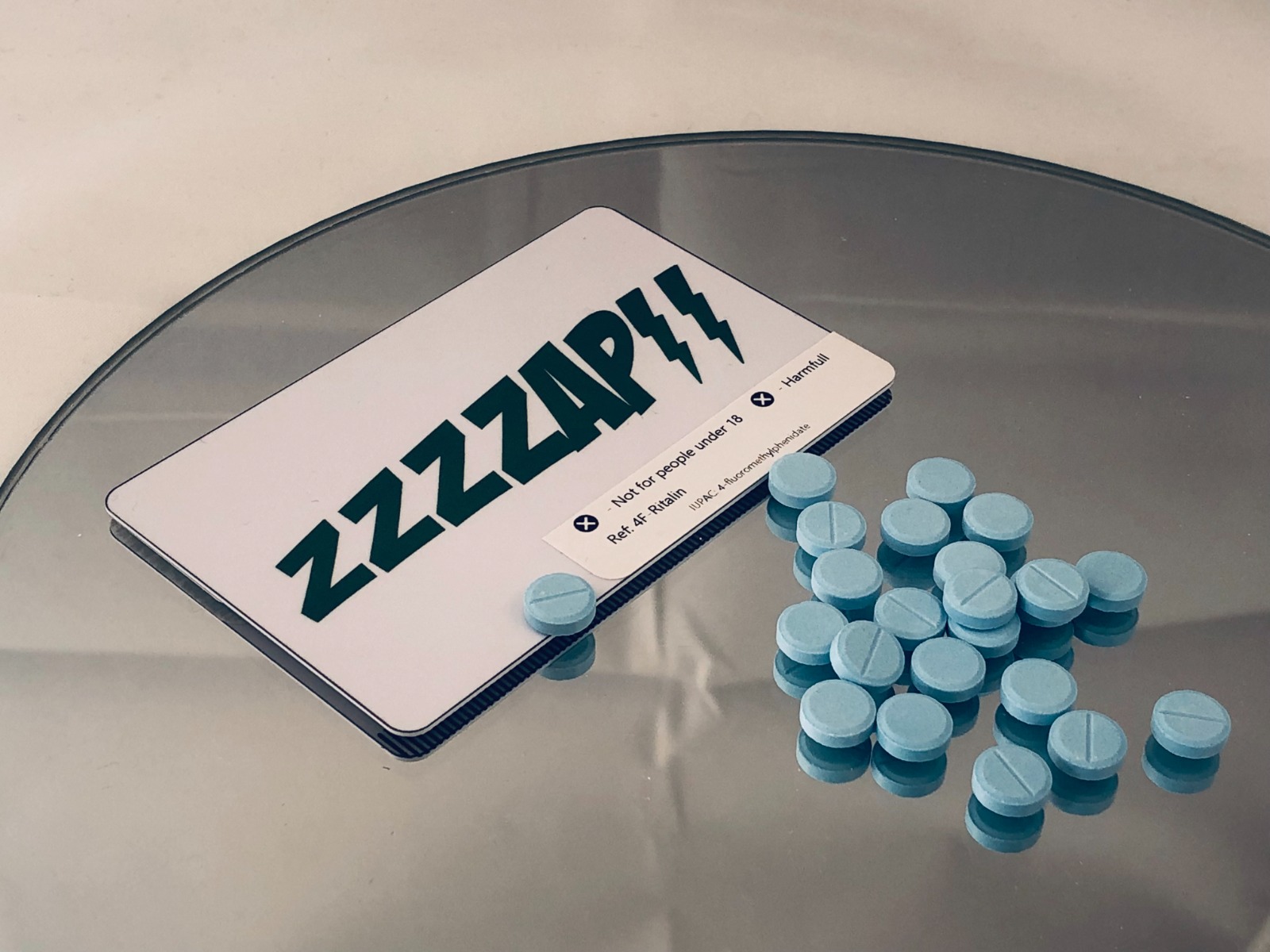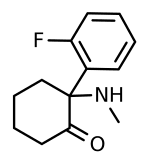Studying with Ritalin on: effective?
Ritalin and studying. Research shows that one in 10 students has used some form of brain doping at some point to study better, and this is a number that continues to rise. In particular, Ritalin is high on the list of favorites. Studying in combination with Ritalin seems to be becoming more and more normal. What exactly is Ritalin and is it actually an effective aid to students?
What is Ritalin?
Ritalin is prescribed in the medical community for people with ADHD or narcolepsy (sleep disorder). Ritalin is the brand name of the drug and the active ingredient in this drug is called methylphenidate. Effect is compared to amphetamine, but is much weaker. This also means that the effects are of shorter duration.
How does Ritalin work?
After ingestion, Ritalin increases the release of dopamine and norepinephrine. Dopamine acts as a messenger in the brain and allows nerve cells to communicate with each other. Thus, when dopamine levels increase, nervous system functions such as movement, pleasure, attention, mood and motivation will be optimized to a (limited extent). Noradrenaline is a hormone and neurotransmitter that in turn also has a stimulating effect on the nervous system. It has many functions but in this story it is especially relevant to mention that it improves memory and alertness. It additionally increases heart rate and respiration. Ritalin use can foster habituation and psychological dependence (addiction).
What is the effect of Ritalin in people with ADHD?
Because Ritalin has a stimulating effect on the nervous system, it increases the ability to concentrate in people with ADHD. They become calmer and less easily distracted. When a person with established ADHD enters a course to try the success effect of Ritalin , that person is always under the control of an expert and physician. Finding the right dosage for each person can take some time. One is satisfied when there is a good balance in which the benefits clearly outnumber the possible adverse effects such as: headaches, abdominal pain, insomnia and lack of appetite. The patient’s physical health is also closely monitored at this stage.
What is the effect of Ritalin in people without ADHD?
Despite the fact that it has not (yet) been scientifically proven that Ritalin has the same effect in people without ADHD, it has been used for years by many students to increase their ability to concentrate and thus improve their learning performance. Research does show that the drug was stimulating and concentration enhancing for half of the test group. It increased heart rate slightly and decreased appetite. Fatigue was felt less quickly and, as a result, students felt energized. They felt ready to continue studying for a while longer. That sounds like a beneficial effect, but it can also be attributed to a placebo effect. Rather, for the other half of the test group, the Ritalin backfired. It caused feeling dull and decreased concentration. So Ritalin and studying occurs.
When using a high dose
When used in high doses, the effect of Ritalin can be somewhat similar to that of amphetamine (speed). This can lead to gritting your teeth and pulling goofy faces in the library. You may question how effective this is in studying and whether this is what you are looking for.
Experience
UvA student M. is a student who gets Ritalin through a roommate: “During my undergraduate I used it sometimes to study for an exam. Then I was nice and focused. When I went to write my thesis writing, I used it more often. It’s especially chill when you’re broke. You take a Ritalin and then you can again. What my thesis was about? ADHD and Ritalin Use.”
Facts about Ritalin use
– In 2015, more than 57,000 Dutch people used methylphenidate with brand name Ritalin, on doctor’s prescription.
– One-third of the above group of users were over the age of 25.
– Ritalin is mainly prescribed to children and adolescents after being diagnosed with ADHD.
– Research in 2022 by the Trimbos Institute, the RIVM and the GGD found that in that year 4% of Dutch students took ADHD medication without a doctor’s prescription on occasion.
– The same shows that between 5.5% and 22.5% of young adults in the Netherlands have ever taken ADHD medication without a doctor’s prescription.
Conclusion?
So Ritalin and studying seems to be a combination. We will certainly not claim that Ritalin is a wonder drug for studying or writing a thesis. Fact is that many students do feel that they benefit from this drug. They mention that their focus increases enormously. Whether this is a placebo effect or an actual effect of the drug on the brain…. Actually, it doesn’t matter. When it works for someone, that’s OK.





